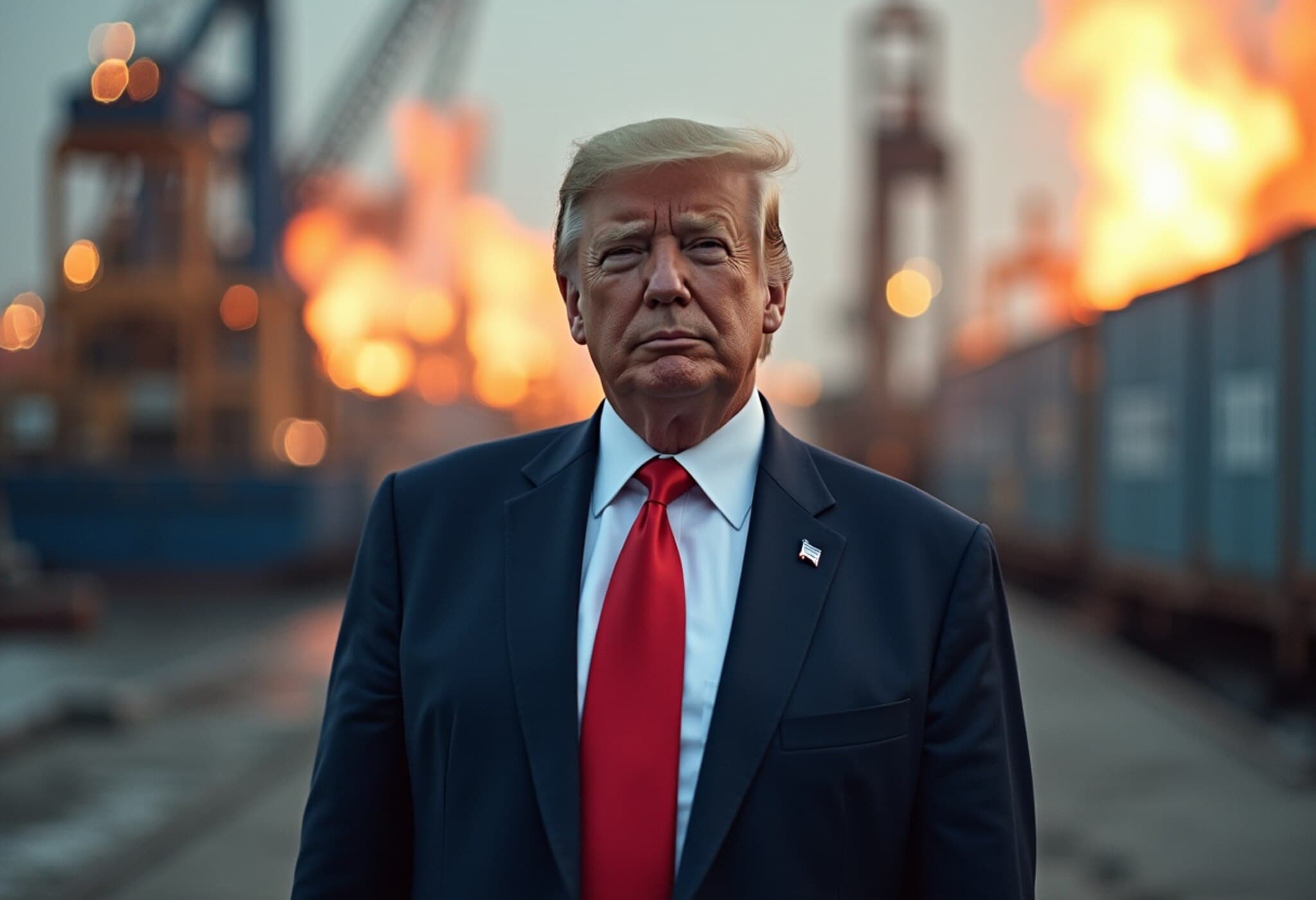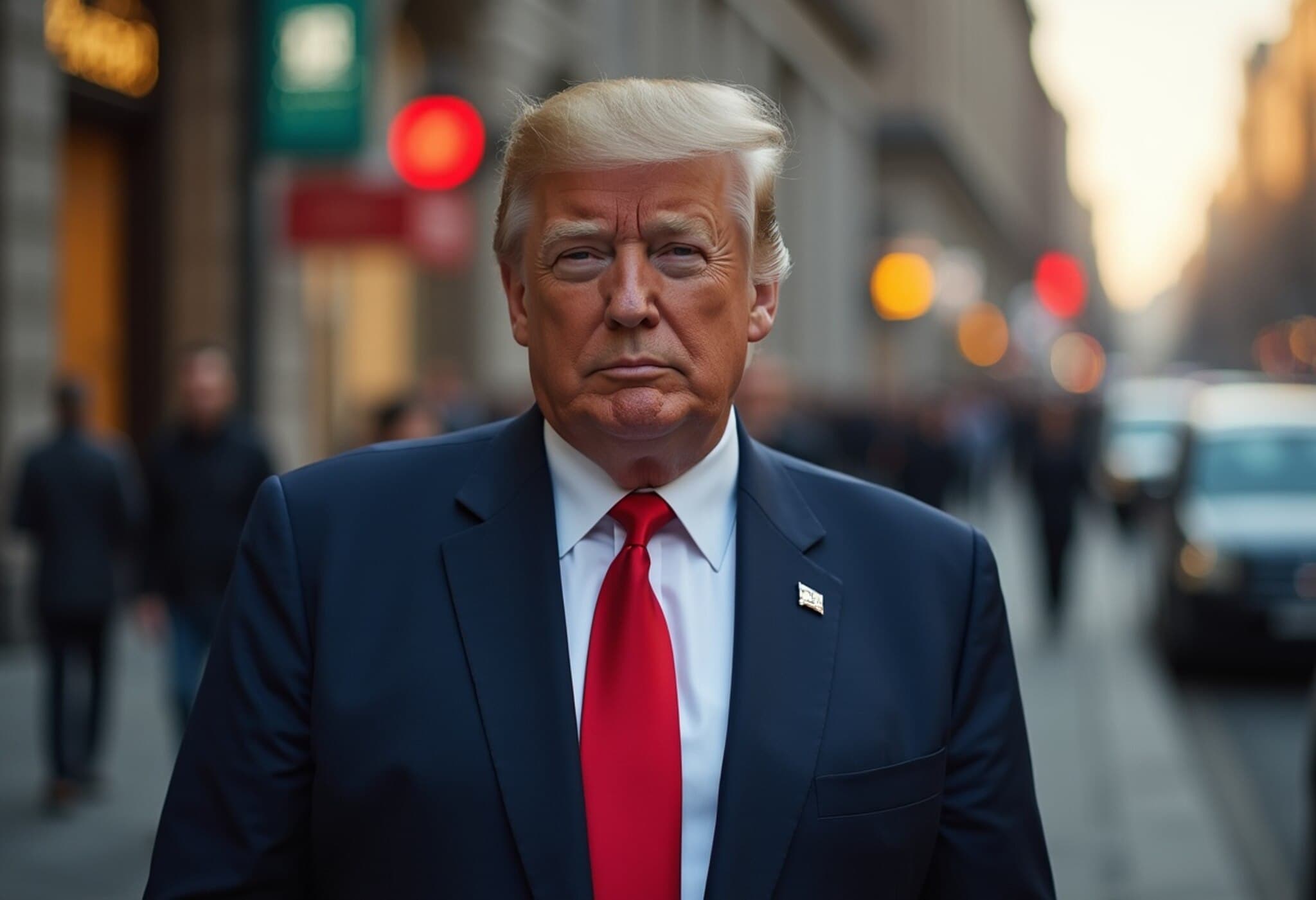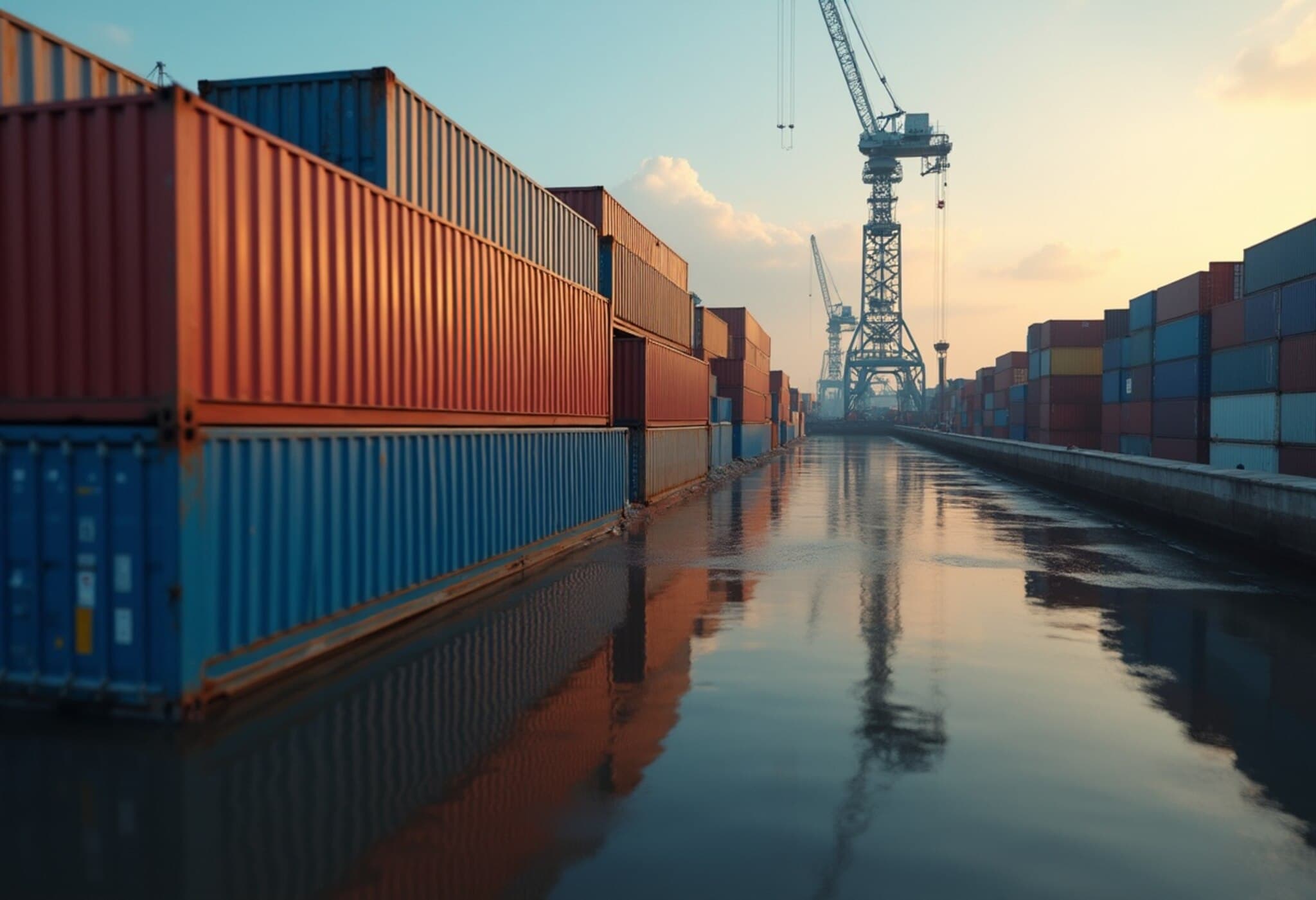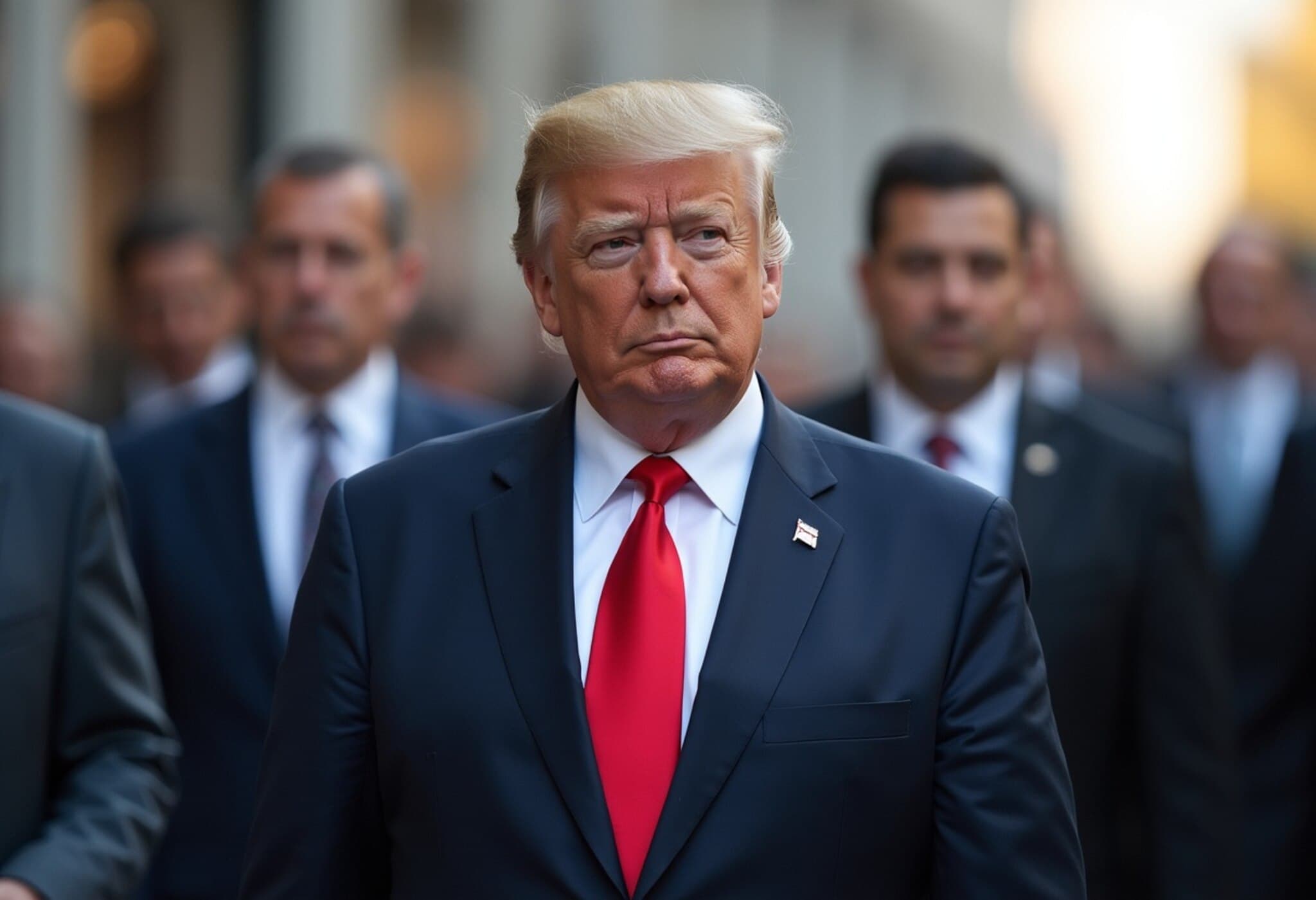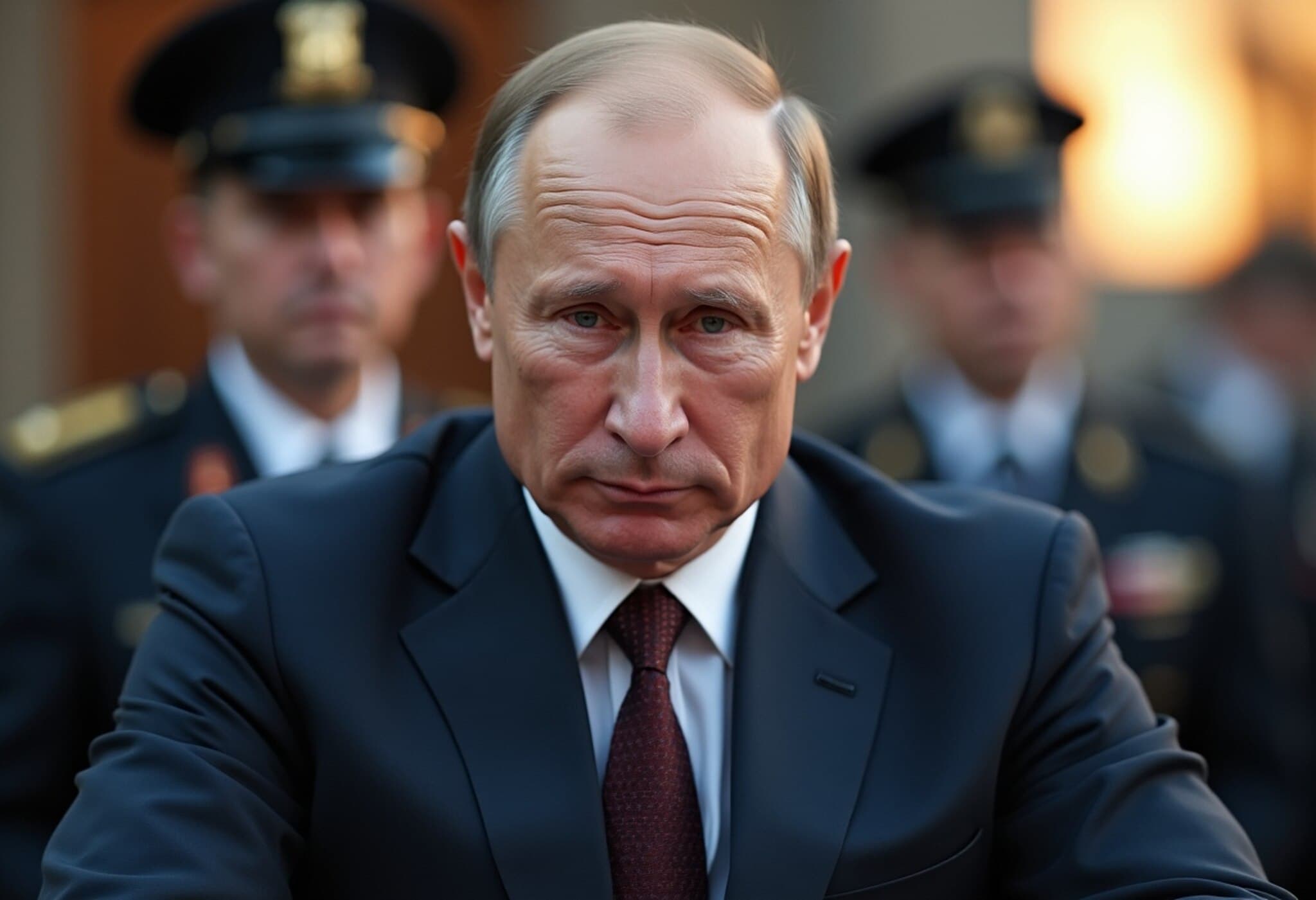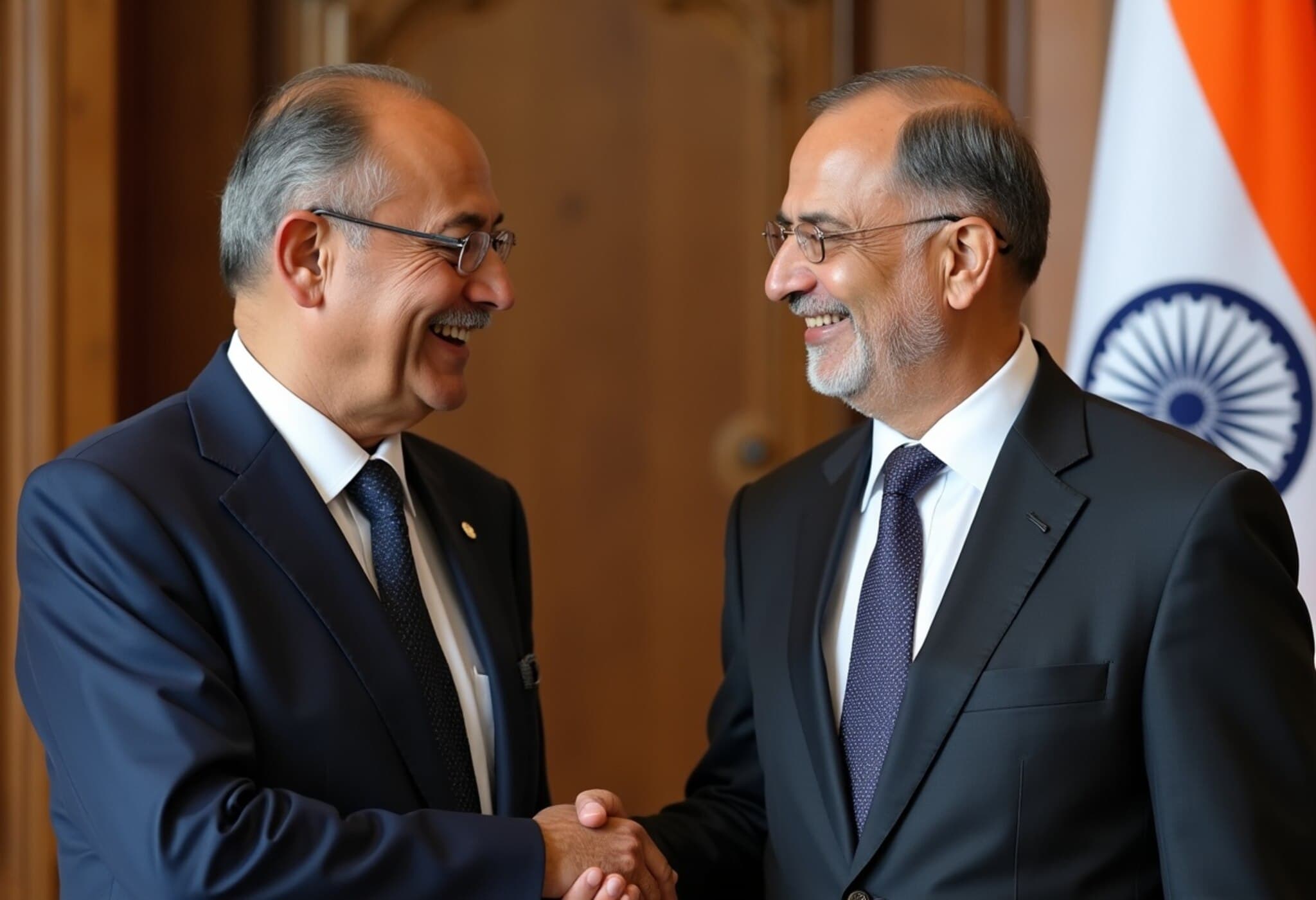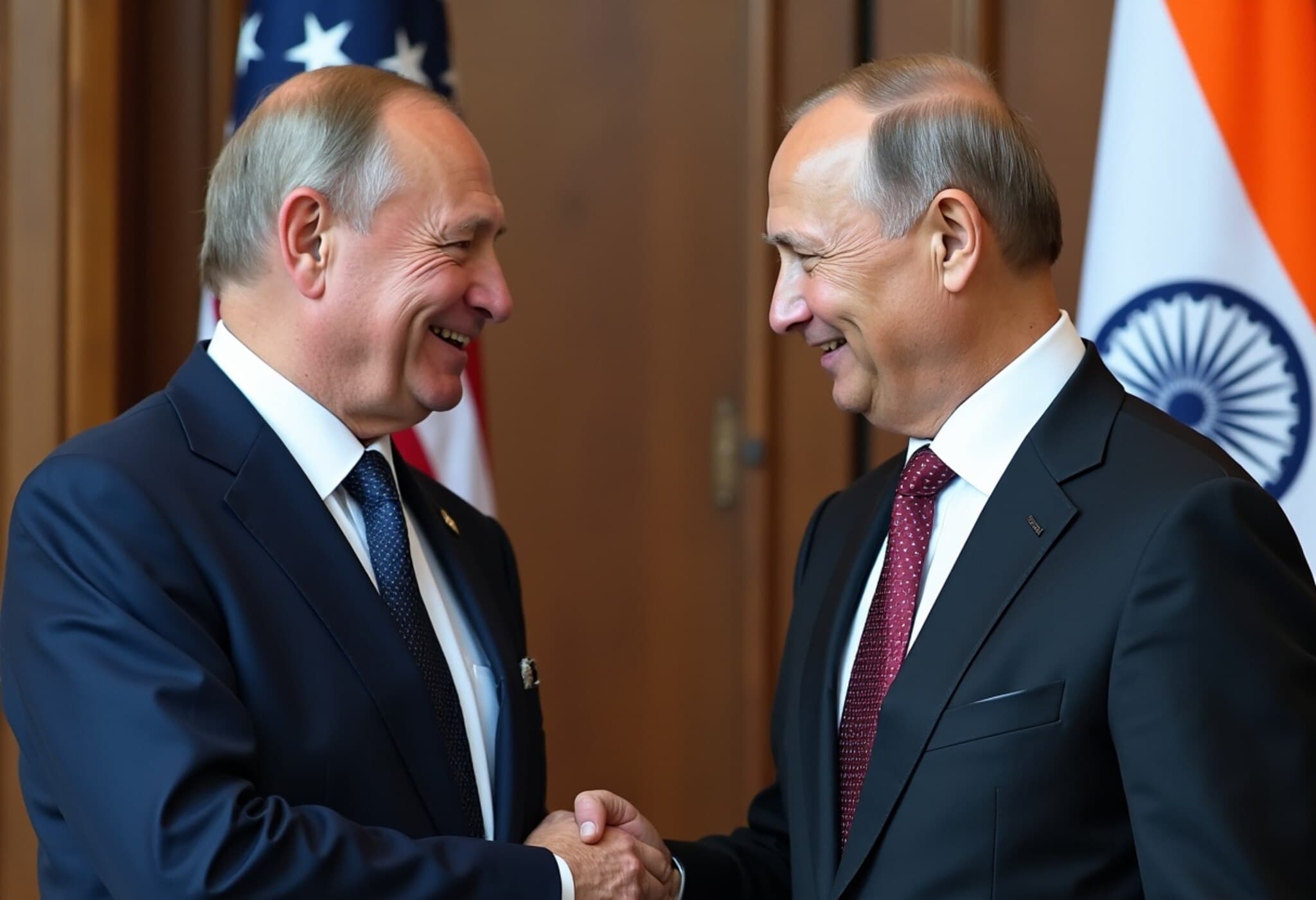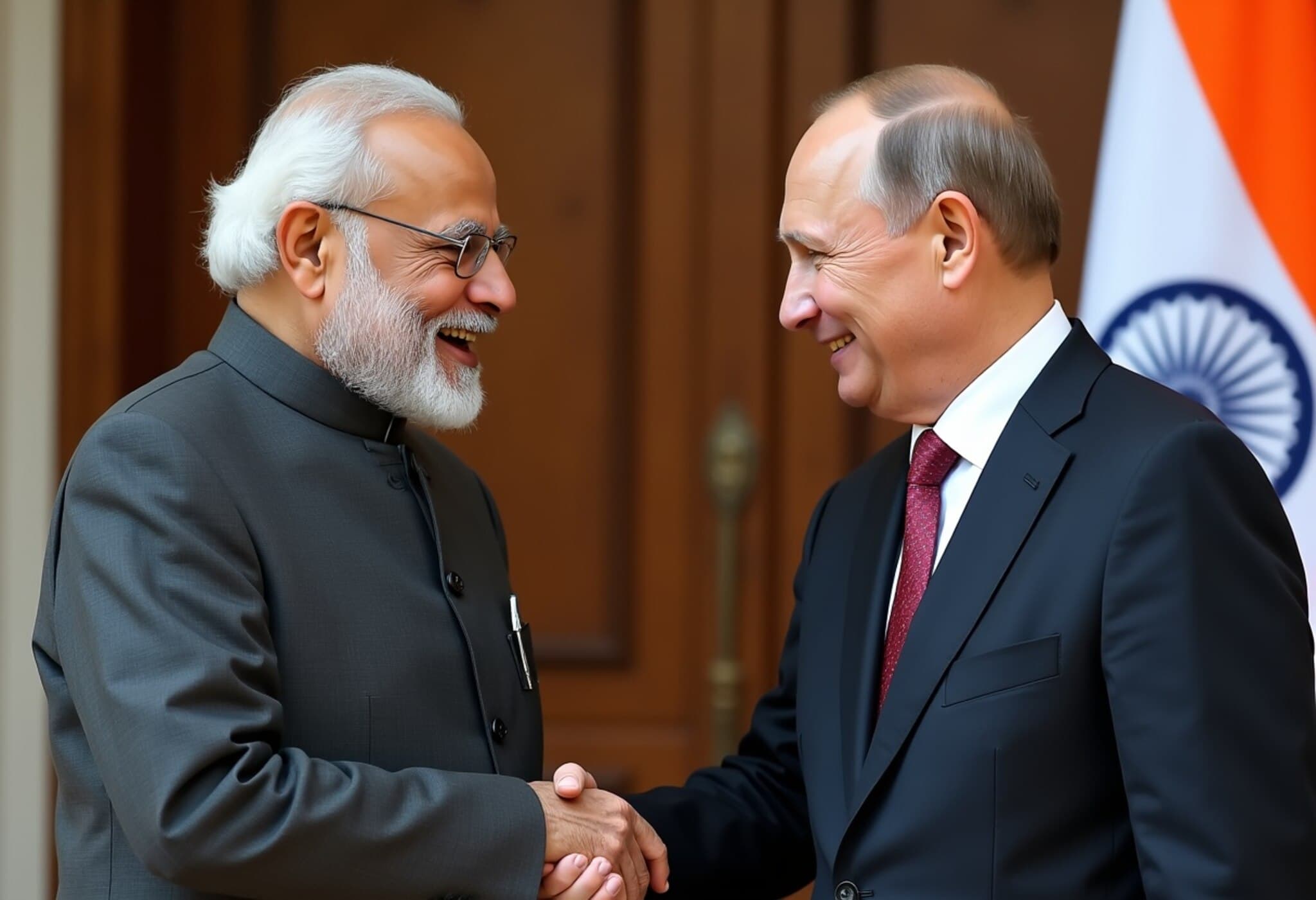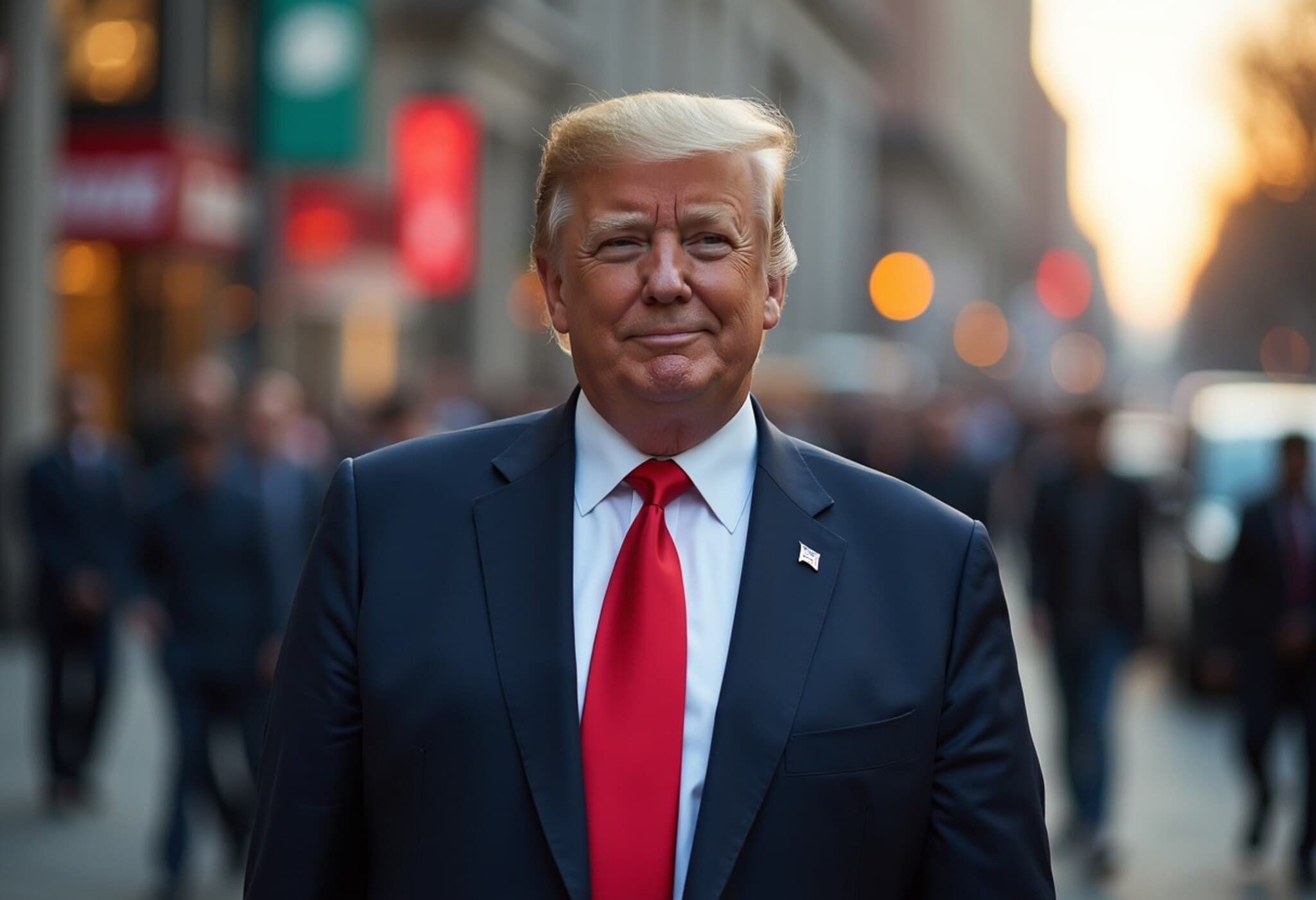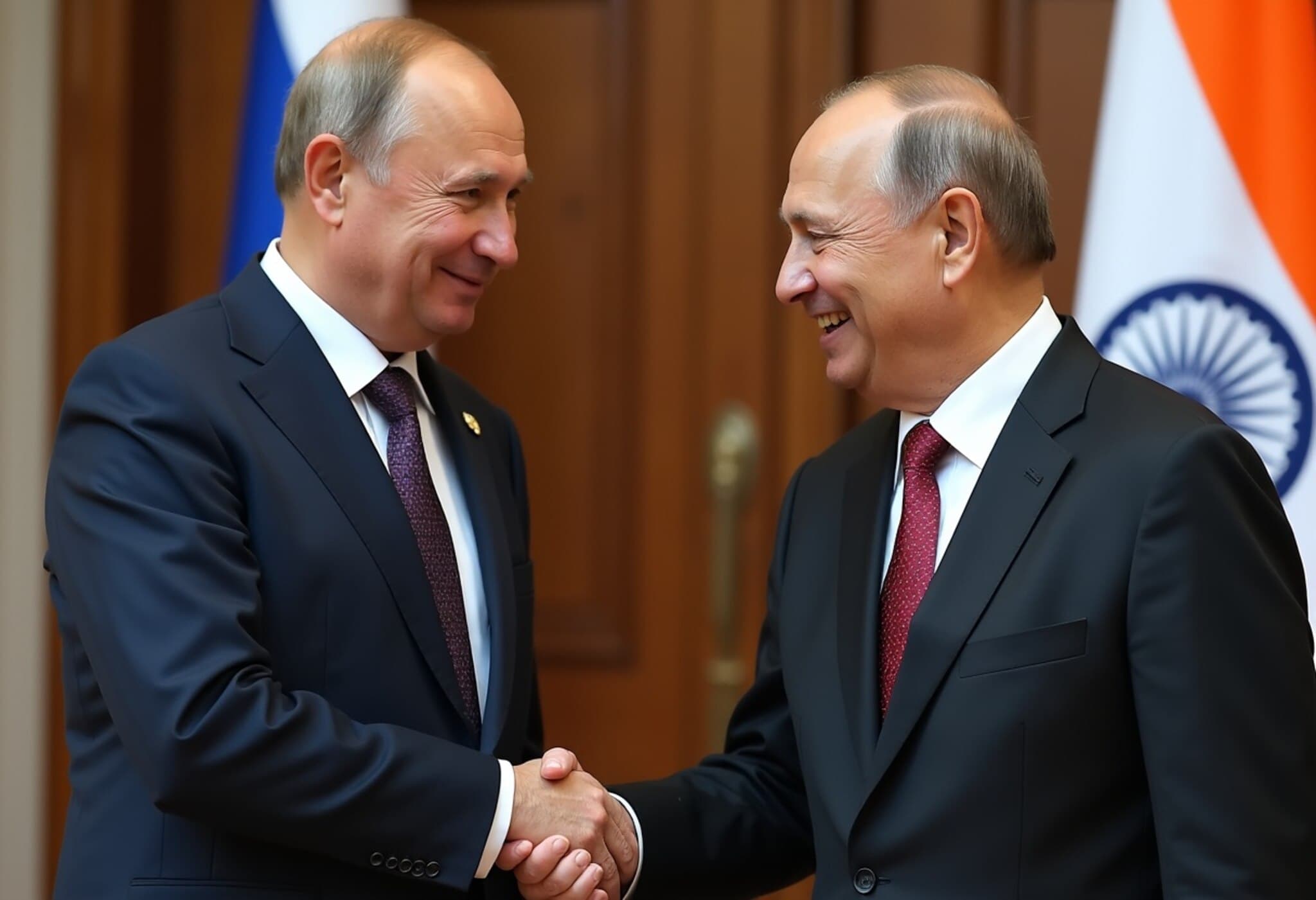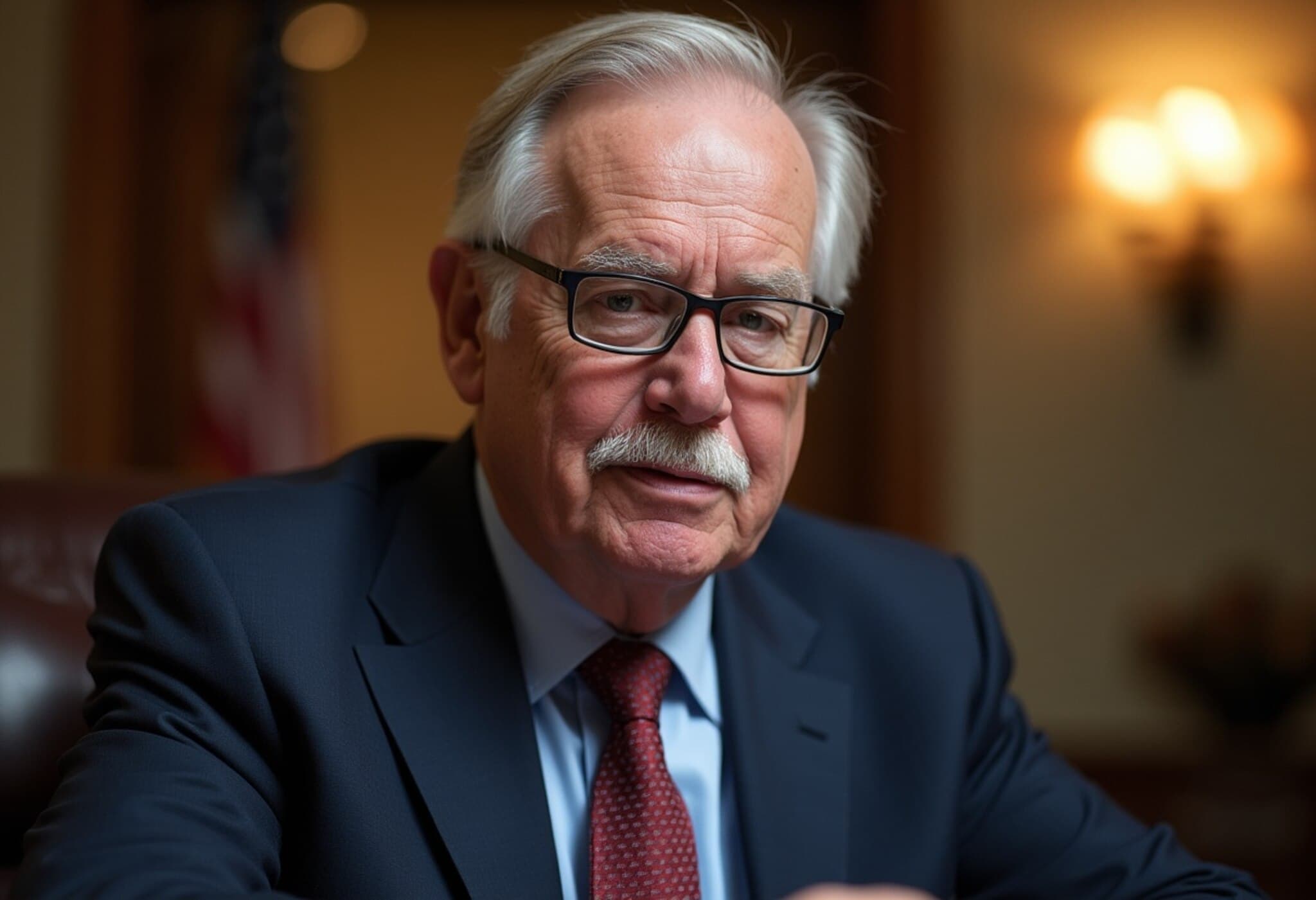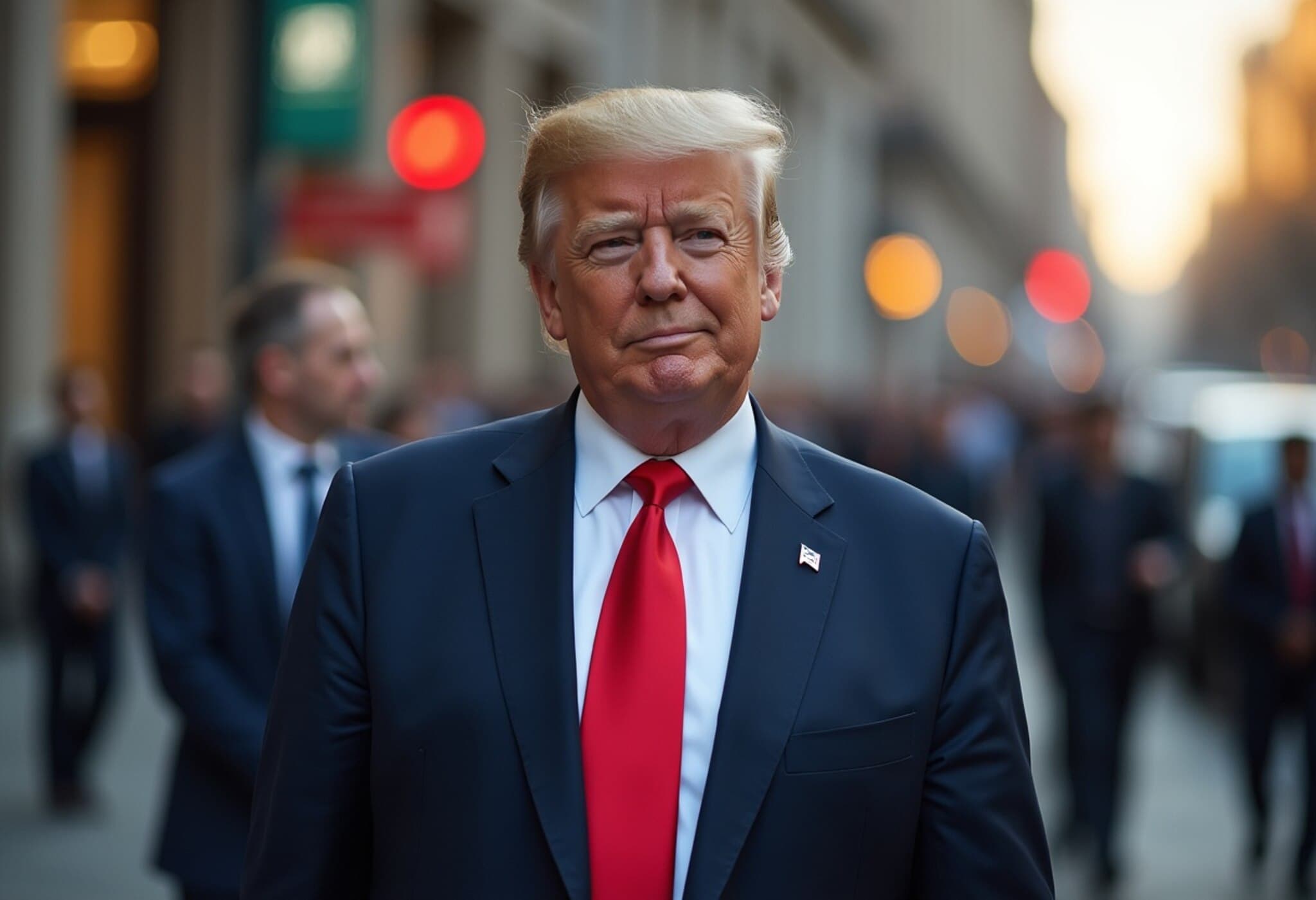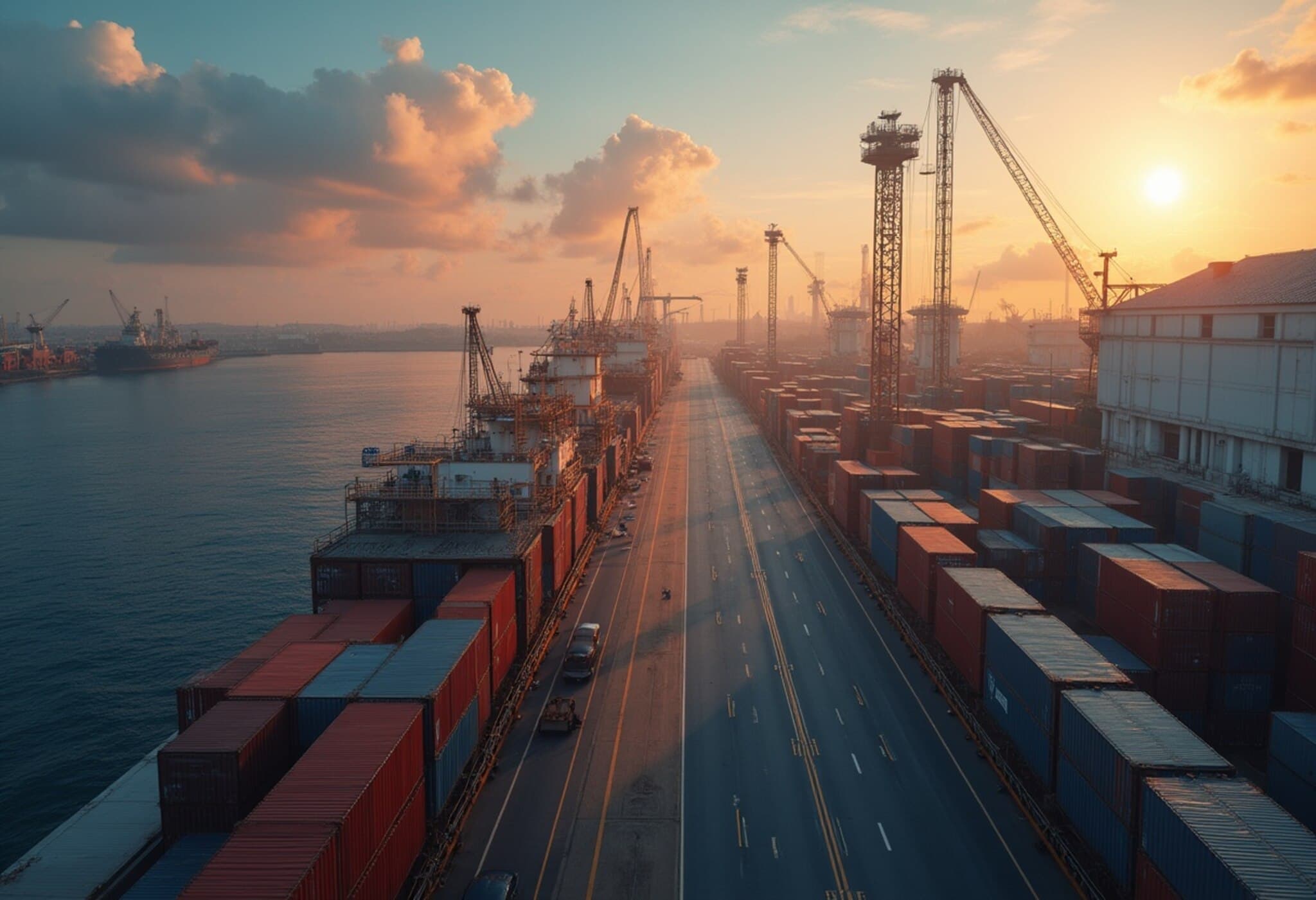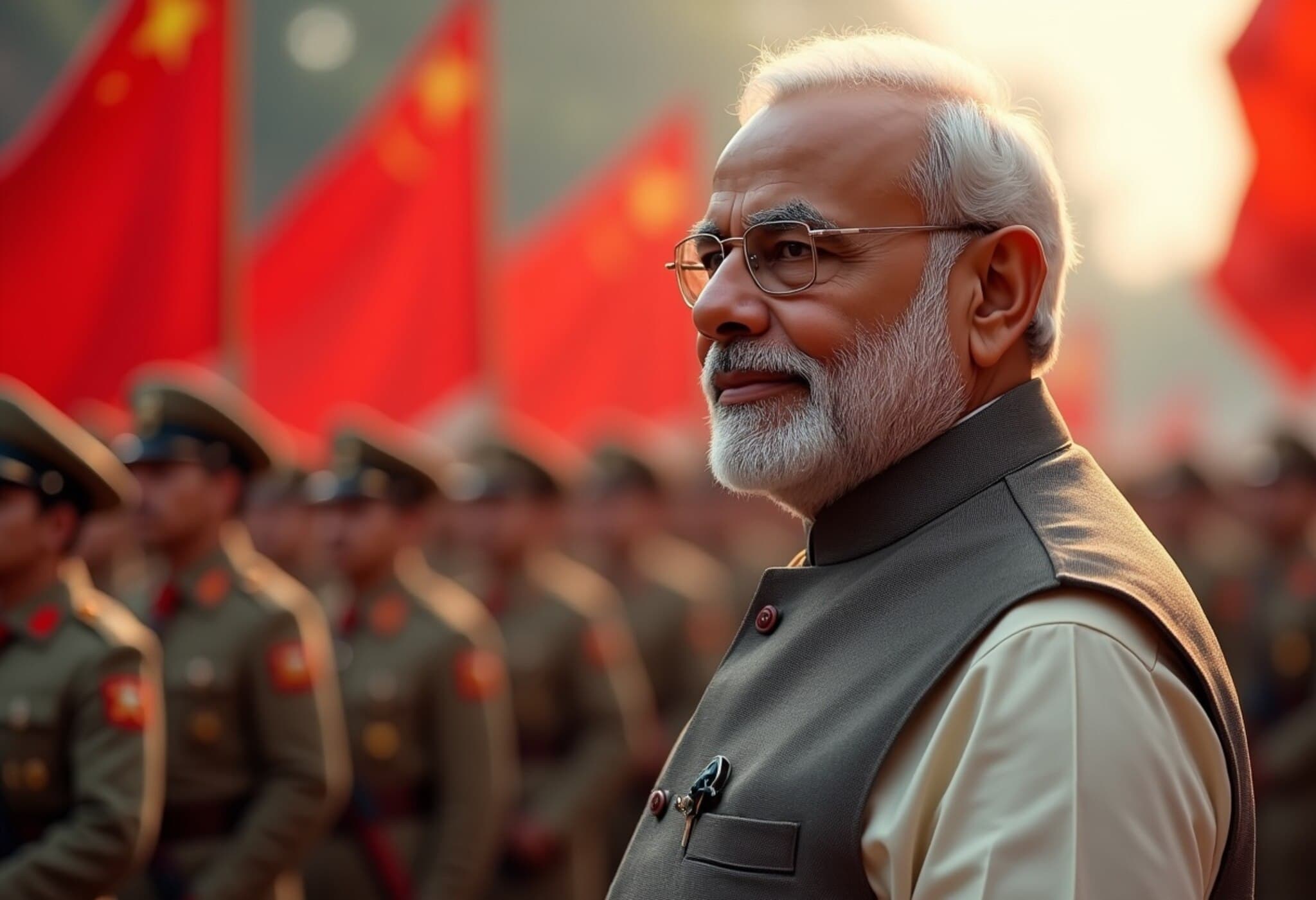India Reinforces Strategic Partnership with Russia Amid US Pressure
In a geopolitical landscape increasingly fraught with tension, India remains unwavering in its commitment to maintain strong ties with Russia, even as the United States inches closer to imposing tariffs and penalties. National Security Advisor (NSA) Ajit Doval embarked on a vital visit to Moscow on August 5, 2025, signaling New Delhi’s intent to bolster its longstanding strategic relationship.
US Tariff Threats and India’s Calculated Response
Former US President Donald Trump’s recent rhetoric has raised eyebrows worldwide. Branding India and Russia as “dead economies,” Trump threatened a 25% tariff on Indian goods and warned of punitive actions against nations that continue strategic trade engagements with Moscow. Nonetheless, Indian officials remain resolute.
“We will act in the best interest of Indian consumers and choose the most cost-effective option available. If Russian crude continues to be more affordable than other sources, there’s no reason to penalise our citizens,” a senior government official told The Times of India.
Essentially, India’s position hinges on pragmatism rather than politics. Facing global economic uncertainties and seeking to stabilize domestic fuel prices, India views its energy imports from Russia as indispensable. Since the Russia-Ukraine conflict escalated, the share of Russian crude in India’s imports has surged from 0.2% to nearly 40%, making India Russia’s second-largest oil buyer after China.
Ajit Doval’s Mission: Navigating Complex Geopolitics
NSA Doval’s presence in Moscow is more than a diplomatic gesture; it is a strategic maneuver aimed at clarifying and possibly expanding bilateral cooperation in energy and defence. Known for his deep intelligence background and often employing discreet negotiations, Doval’s visit underscores that India is prepared to hold its ground amid mounting international pressure.
As India continues to balance its foreign relations carefully, especially with Western powers and Russia, Doval’s trip may recalibrate perceptions of India’s geopolitical strategy. According to analysts, the visit may also include talks on securing deeper discounts on Russian crude, reflecting New Delhi’s focus on economic viability for its citizens.
Further Engagements: External Affairs Minister to Continue Diplomatic Dialogue
Adding to this diplomatic momentum, External Affairs Minister S. Jaishankar is slated for a visit to Moscow mid-August, emphasizing the Indian government’s commitment to sustained high-level dialogues. These consecutive visits come against a backdrop of significant international scrutiny and complex energy supply shifts.
Implications for Global Energy and Economic Dynamics
- Energy Security: India’s choice to maintain and possibly increase crude imports from Russia acts as a buffer against volatile global energy markets.
- Economic Impact: By sourcing affordable Russian crude, India helps keep fuel costs down, which directly benefits its consumer base and supports economic stability.
- Geopolitical Balancing Act: India tactfully navigates relationships with the US and Western allies, while fostering strategic ties with Russia, reflecting its aspiration to remain a key player on the global stage.
Moreover, India’s stance presents a critical challenge to the US’s attempts at isolating Russia diplomatically and economically through secondary sanctions and tariffs, raising important questions about the effectiveness of such unilateral pressures on emerging economies with diversified foreign policies.
Editor’s Note
India’s steadfast approach to Russia exposes the evolving geopolitical complexity where economic pragmatism often outweighs political rhetoric. These developments compel observers to reconsider the future of global alliances and the limits of US influence, especially as India asserts its strategic autonomy in the 21st century. The upcoming visits of NSA Doval and EAM Jaishankar are essential viewing for anyone keen to understand shifting power equations in Eurasian diplomacy and energy security.
As readers, consider: How will India’s balancing act influence its relations with Western powers? Could this strategy redefine global economic partnerships in an era of fractured alliances? Such questions underscore the nuanced diplomacy shaping today’s world.




